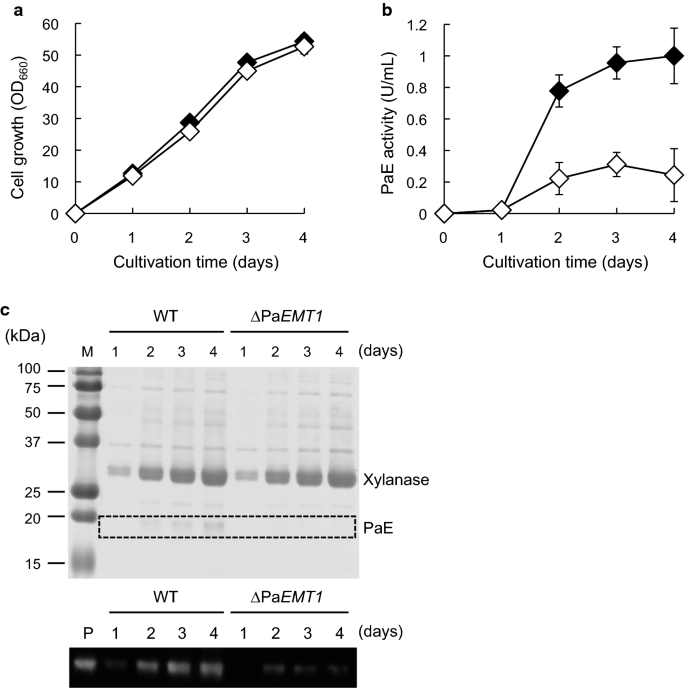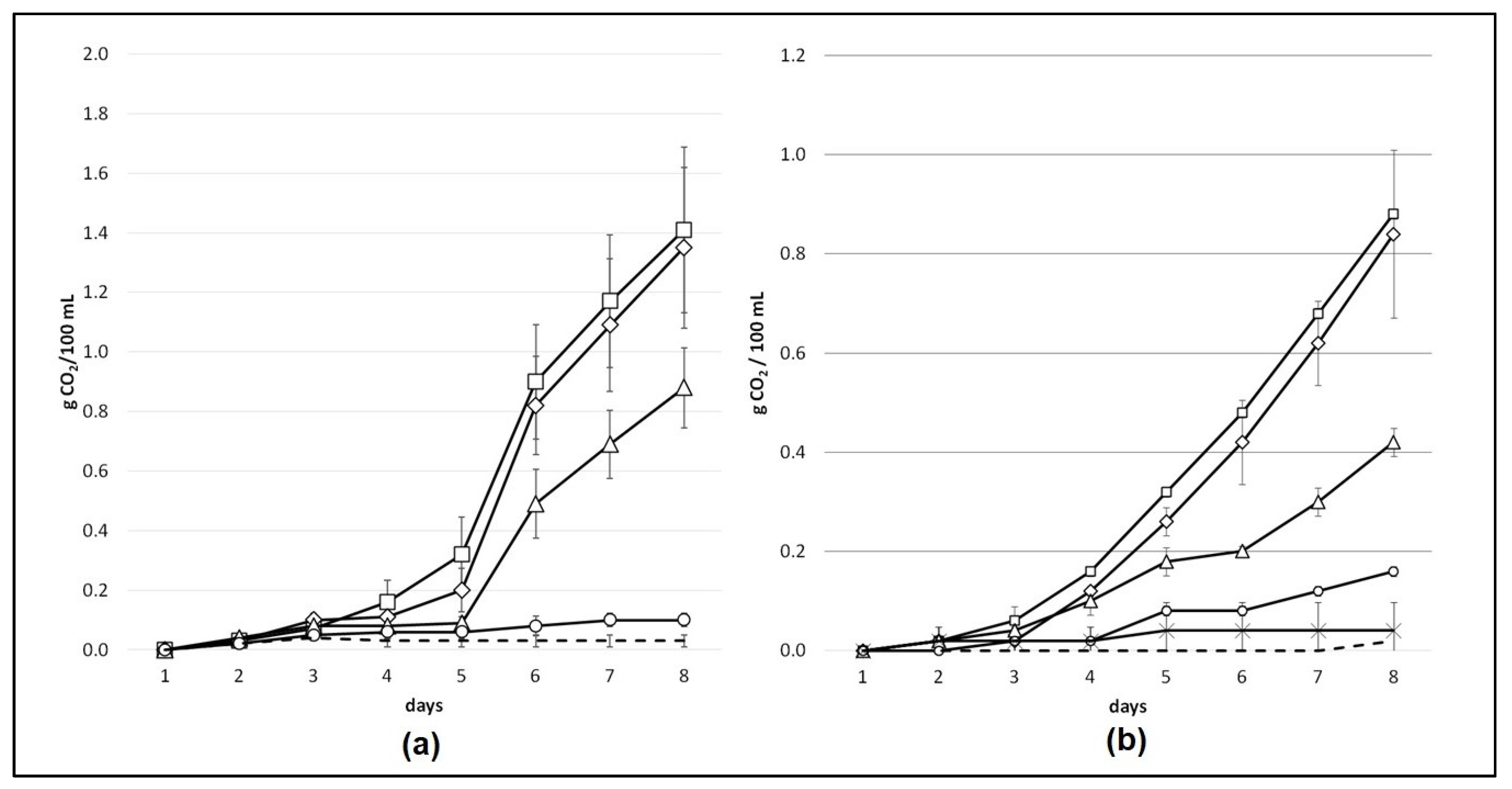

Our results show that glyphosate’s mechanism of melanin inhibition involves antioxidant synergy and disruption of the reaction oxidation–reduction balance. gambiae mosquitoes, altered uninfected mosquito survival, and perturbed the microbial composition of adult mosquito midguts.

Glyphosate also increased the burden of the malaria-causing parasite Plasmodium falciparum in A. mellonella caterpillars following infection with the fungus Cryptococcus neoformans and decreased the size of melanized nodules formed in hemolymph, which normally help eliminate infection. Here, we demonstrate that glyphosate has deleterious effects on insect health in 2 evolutionary distant species, Galleria mellonella (Lepidoptera: Pyralidae) and Anopheles gambiae (Diptera: Culicidae), suggesting a broad effect in insects. Glyphosate-the most widely used herbicide globally-inhibits melanin production, which could have wide-ranging implications in the health of many organisms, including insects. Given melanin’s broad roles in the biosphere, particularly in insect immune defenses, it is important to understand how exposure to ubiquitous environmental contaminants affects melanization. Melanin, a black-brown pigment found throughout all kingdoms of life, has diverse biological functions including UV protection, thermoregulation, oxidant scavenging, arthropod immunity, and microbial virulence.


 0 kommentar(er)
0 kommentar(er)
